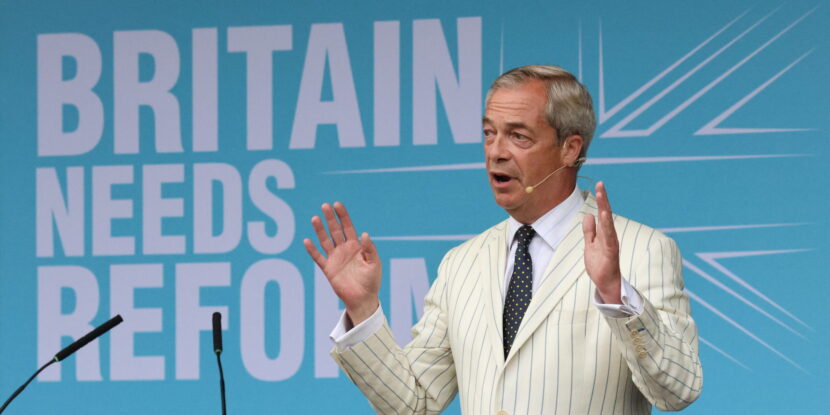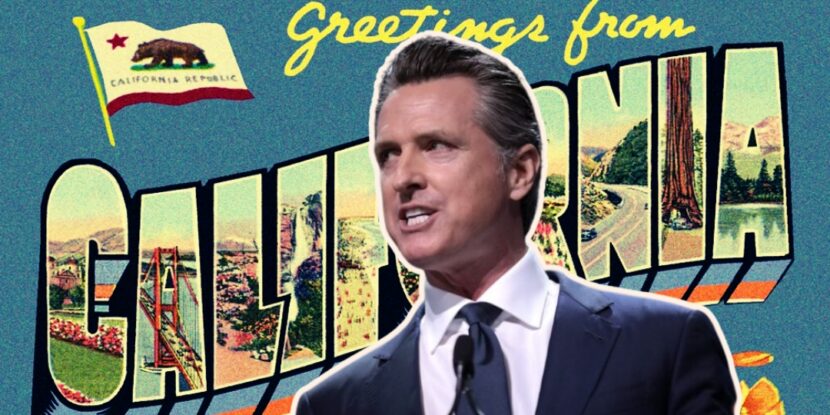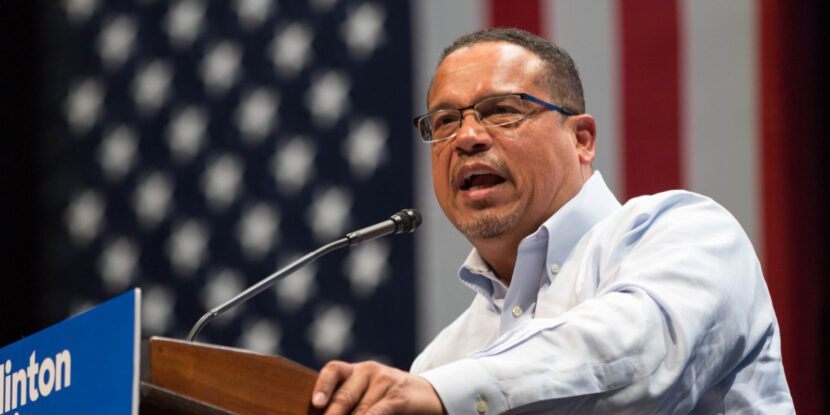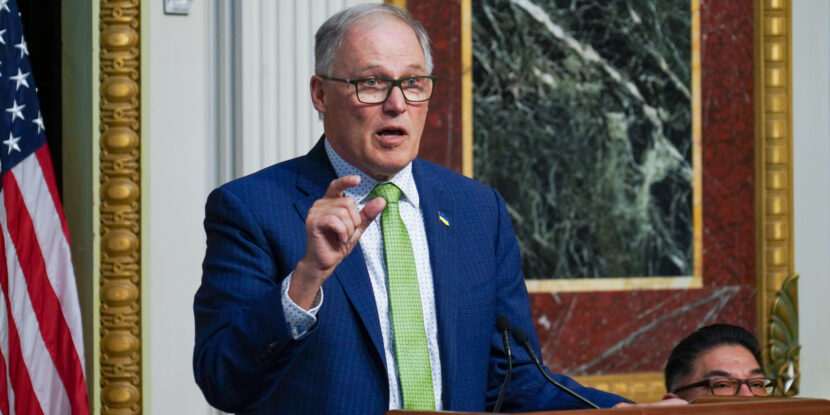PULSE POINTS:
❓What Happened: The Reform Party, led by Nigel Farage, is making significant inroads in England’s local elections, while the governing Labour Party faces setbacks and the formerly governing Conservative Party suffers major losses.
👥 Who’s Involved: Nigel Farage’s Reform Party, English voters, and Britain’s establishment Labour and Conservative parties.
📍 Where & When: England, local elections results announced on Friday.
💬 Key Quote: Results show Reform’s shift from a single-issue party is achieving success.
⚠️ Impact: Reform has taken a parliamentary seat from Labour in a by-election (special election) and gained many seats and mayoralties in local governments across England, challenging the major political parties.
IN FULL:
As votes continue to be tallied from England’s local elections, early results show Nigel Farage’s Reform Party emerging as the most successful amidst significant losses for the establishment political parties. The elections, involving approximately 1,600 municipal seats across 23 areas and six regional mayor positions, mark the first major voting event since the Labour Party took government from the Conservatives (Tories) last summer.
Reform, formerly the Brexit Party, has also won a parliamentary by-election (special election) for the Runcorn and Helsby constituency (electoral district) in northwestern England, ousting Labour by a narrow margin of just six votes in what was formerly a “safe” seat for the leftist party. Additionally, Farage’s populists secured the newly established mayoralty in Greater Lincolnshire and increased their number of council seats nationwide, with further gains expected as results continue to be announced.
Although Farage’s initial focus was Britain’s withdrawal from the European Union (EU), its rebranding as Reform has seen it take up other issues, such as cutting immigration, deporting illegal aliens, and ending economically damaging net-zero climate policies.
The results indicate that Reform’s strategy to evolve beyond a single-issue platform is yielding dividends. While the votes are still being counted, the initial outcomes suggest that the traditional dominance of the two major political parties has been effectively undermined.
Previously, the Conservatives have often managed to pressure right-leaning voters disappointed by their embrace of climate ideology, broken promises on immigration, and failure to adequately challenge woke ideology through simplistic “Vote Farage, Get Labour” messaging. Today’s results strongly suggest that this messaging has finally failed, and that it will be Farage who can argue that a vote for the Conservatives is liable to empower Labour going into the next general election.





















